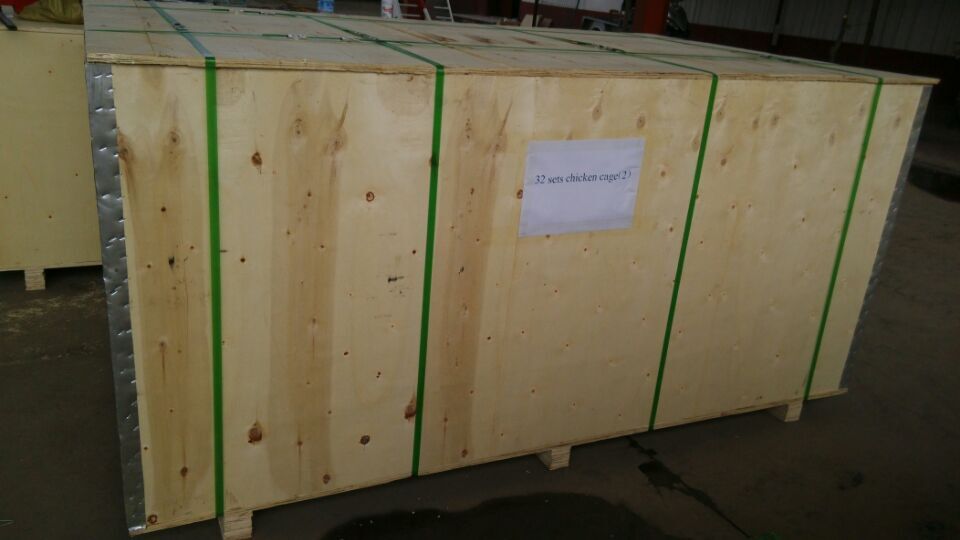High-Quality Poultry Feed Mixer | Efficient Mixing Solutions for Poultry Farms
Sep . 07, 2024 07:25 Back to list
High-Quality Poultry Feed Mixer | Efficient Mixing Solutions for Poultry Farms
The poultry industry has rapidly evolved in recent years, driven by the increasing global demand for poultry products. One of the most critical components in this industry is the formulation of a high-quality feed. This is where the poultry feed mixer comes into play, an essential piece of equipment that ensures the nutritional needs of poultry are met efficiently and effectively.
A poultry feed mixer is designed to blend various ingredients uniformly to create a balanced diet for birds such as chickens, turkeys, and ducks. The mixing process is vital as it guarantees that every batch of feed contains the right proportions of vital nutrients, including proteins, vitamins, and minerals. This uniformity is crucial because any inconsistency in feed formulation can lead to health issues in birds and can diminish their growth rates and productivity.
When selecting a poultry feed mixer, several factors must be taken into account. The size and capacity of the mixer should align with the scale of the operation. For large-scale poultry producers, industrial-sized mixers capable of handling significant volumes of ingredients are necessary, while smaller operations may benefit from more compact models. Additionally, the type of mixer, whether horizontal or vertical, can affect mixing efficiency and speed.
poultry feed mixer

Modern poultry feed mixers are equipped with advanced technology, enabling precise control over the mixing process. Many mixers now come with programmable settings, allowing operators to easily adjust mix times and ingredient ratios as needed. This capability not only enhances the consistency of the feed but also improves overall production efficiency.
Moreover, the importance of feed quality cannot be overstated. Properly mixed feed supports optimal growth rates, enhances egg production, and minimizes waste. Birds that receive a balanced diet are less susceptible to diseases, resulting in lower veterinary costs and increased profitability for producers.
In conclusion, the poultry feed mixer plays a pivotal role in the poultry industry by ensuring that birds receive a balanced and nutritious diet. Investing in a good mixer can lead to significant advantages, such as improved bird health, enhanced productivity, and ultimately, a more successful poultry operation. For poultry producers looking to thrive in a competitive market, attention to detail in feed formulation and mixing is a fundamental practice that should not be overlooked.
-
Hot Sale 24 & 18 Door Rabbit Cages - Premium Breeding Solutions
NewsJul.25,2025
-
Automatic Feeding Line System Pan Feeder Nipple Drinker - Anping County Yize Metal Products Co., Ltd.
NewsJul.21,2025
-
Automatic Feeding Line System Pan Feeder Nipple Drinker - Anping County Yize Metal Products Co., Ltd.
NewsJul.21,2025
-
Automatic Feeding Line System - Anping Yize | Precision & Nipple
NewsJul.21,2025
-
Automatic Feeding Line System - Anping Yize | Precision & Nipple
NewsJul.21,2025
-
Automatic Feeding Line System-Anping County Yize Metal Products Co., Ltd.|Efficient Feed Distribution&Customized Animal Farming Solutions
NewsJul.21,2025






